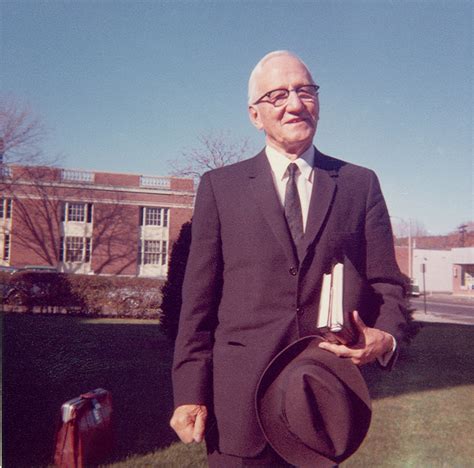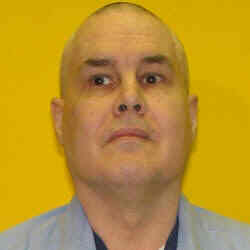A Quote by Aristotle
A man's happiness consists in the free exercise of his highest faculties.
Related Quotes
Happiness consists not of having, but of being; not of possessing, but of enjoying. It is a warm glow of the heart at peace with itself. A martyr at the stake may have happiness that a king on his throne might envy. Man is the creator of his own happiness. It is the aroma of life, lived in harmony with high ideals. For what a man has he may be dependent upon others; what he is rests with him alone.
In the latter sense, a man has a property in his opinions and the free communication of them. He has a property of peculiar value in his religious opinions, and in the profession and practice dictated by them. He has an equal property in the free use of his faculties and free choice of the objects on which to employ them. In a word, as a man is said to have a right to his property, he may be equally said to have a property in his rights.
But neither life nor happiness can be achieved by the pursuit of irrational whims. Just as man is free to attempt to survive in any random manner, but will perish unless he lives as his nature requires, so he is free to seek his happiness in any mindless fraud, but the torture of frustration is all he will find, unless he seeks the happiness proper to man. The purpose of morality is to teach you, not to suffer and die, but to enjoy yourself and live.
Upon this point all speculative politicians will agree, that the happiness of society is the end of government, as all divines and moral philosophers will agree that the happiness of the individual is the end of man. From this principle it will follow that the form of government which communicates ease, comfort, security, or, in one word, happiness, to the greatest numbers of persons, and in the greatest degree, is the best. All sober inquirers after truth, ancient and modern, pagan and Christian, have declared that the happiness of man, as well as his dignity, consists in virtue.







































